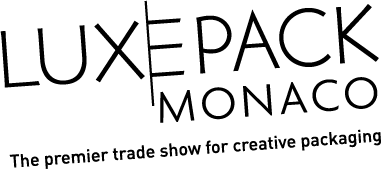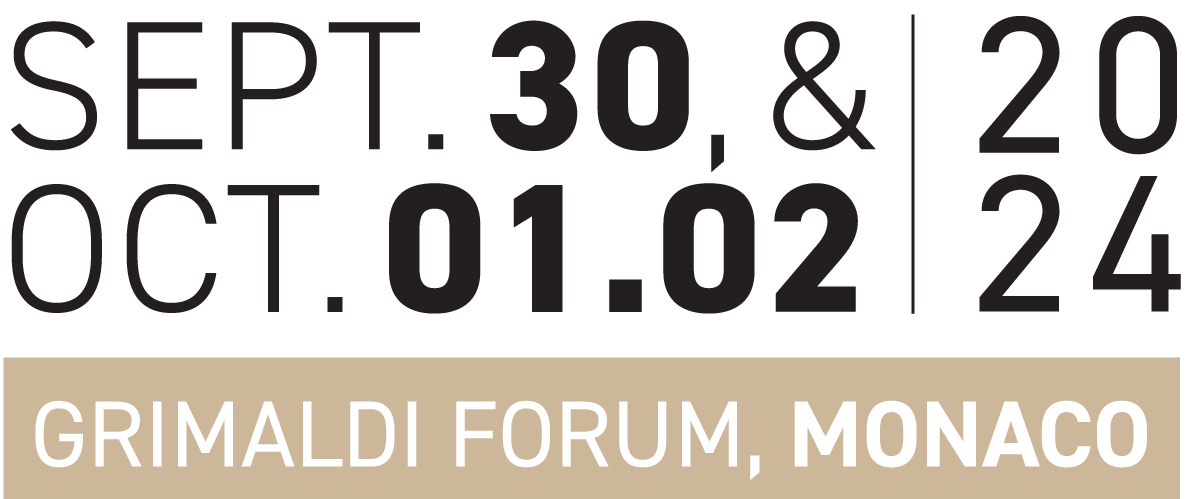The new generation reed diffusers according to QUAMVIS
2024/06/12
As a newcomer to the home fragrance industry, QUAMVIS is innovating with a liquid-free reed diffuser concept. Explanation by its inventor, Dino Vortice.

Dino Vortice
Founder of IdexCo Boost / Quamvis
‘Nowadays, wherever you are in the world, when you think of a reed diffuser, there is only one type of product: a glass bottle containing a fragrance or a liquid essential oil in which you generally insert reeds made of wood. In other words, it’s a rather heavy product, which can tip over or break, and cause stains…’: in response to what he believes are constraints, Vortice came up with the idea of creating a non-liquid room diffuser.
Known as QUAMVIS SCENT, it is visually presented like a ‘bunch’, like a conventional diffuser, except that it is the stems themselves that are scented, so there is no alcohol, solvent, or water. In addition, the set is fully recyclable and very lightweight (EVA (1) reeds and 100% recycled HDPE (2) container, which is an undeniable asset for transport.
Manufactured in Italy, QUAMVIT SCENT adapts to most fragrances, but the company also offers its customers exclusive fragrances, developed in France, thanks to its partnership with H. Reynaud et Fils, a manufacturer of raw essences and aromatic ingredients since 1898.
Vortice is relying on this differentiating strategy to spark the curiosity of Luxe Home visitors next October: ‘I’m proposing a concept, not a finished product! I’m convinced that it could inspire brands because it is a creativity enabler, whether in terms of the container, its customisation, the colour of the reeds, or the shapes. In June, he launched a test production for two hotel chains. Like any other ambience product, it can always rely on the power of olfactory memory. After all, who doesn’t dream about bringing the scent of their holiday back with them in their bags?
Find QUAMVIS at booth DG16 – LUXE Home Area.
(1) Ethylene vinyl acetate.
(2) High-density polyethylene, obtained from recycling bottles.

